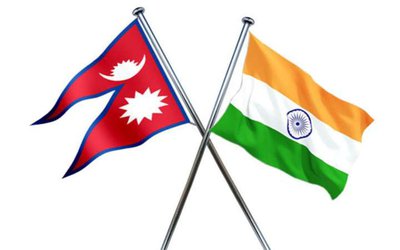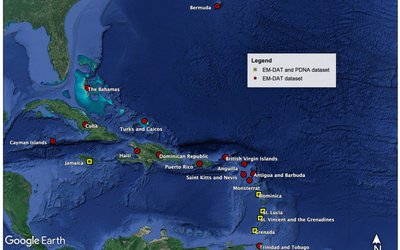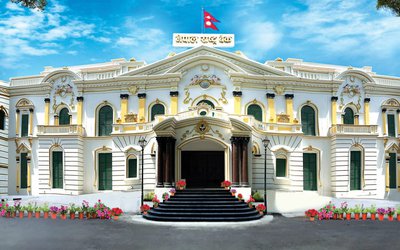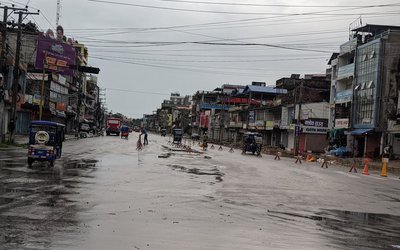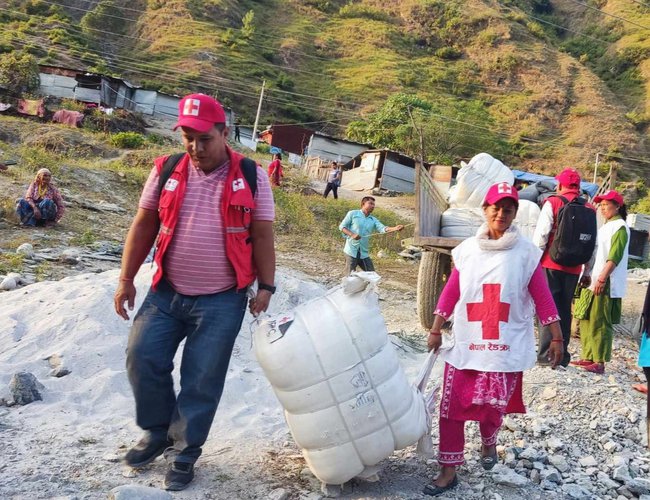
The European Union is allocating €70 000 (over9.8 million Nepalese Rupees)in response tothe earthquake that hit western Nepal earlier this month. This EU funding will help reconstitutethe stocks that theNepalese Red Cross Society (NRCS)used during its emergency response, which targeted7,500 people in the worst-hit localities in the province of Sudurpashchim, where the epicenter was located.
Namely, the funding will serve to supplynew shelter and household items, including tarpaulins, blankets, and mattresses, in prevention of other disasters. NRCS also distributed health kits andhygiene awareness campaigns are ongoing.
The funding is part of the EU’s overall contribution to the Disaster ResponseEmergency Fund (DREF) of the International Federation of Red Cross and Red Crescent Societies (IFRC).
On 3 October, a 5.3-magnitude earthquake took place in the western province of Sudurpashchim. The epicenter was located in the Bajhang district and tremors were felt in six neighboring districts. At least36,250 people were affected, with over 1,500 houses fully destroyed and another 5,600 partially destroyed, according to first estimations.
The European Union and its Member States are the world's leading donor of humanitarian aid. Relief assistance is an expression of European solidarity with people in need all around the world. It aims to save lives, prevent and alleviate human suffering, and safeguard the integrity and human dignity of populations affected by natural disasters and man-made crises.

Through its Civil Protection and Humanitarian Aid Operations department, the European Union helps millions of victims of conflict and disasters every year. With headquarters in Brussels and a global network of field offices, the European Union provides assistance to the most vulnerable people on the basis of humanitarian needs.
The European Union is signatory to a €10 million humanitarian delegation agreement with the International Federation of Red Cross and Red Crescent Societies (IFRC) to support the Federation's Disaster Response Emergency Fund (DREF). Funds from the DREF are mainly allocated to “small-scale” disasters – those that do not give rise to a formal international appeal.
The Disaster Response Emergency Fund was established in 1985 and is supported by contributions from donors. Each time a National Red Cross or Red Crescent Society needs immediate financial support to respond to a disaster, it can request funds from the DREF. For small-scale disasters, the IFRC allocates grants from the Fund, which can then be replenished by the donors. The delegation agreement between the IFRC and ECHO enables the latter to replenish the DREF for agreed operations (that fit within its humanitarian mandate) up to a total of €10 million.
- MADHU KUMAR MARASINI: Person With Determination
- Mar 14, 2025
- Foreign Minister Rana in Delhi, Likely To Meet Indian External Affairs Minister
- Mar 14, 2025
- Holi In Terai-Madhesh Today
- Mar 14, 2025
- Nepal’s Current Account Remains At Surplus In seven months of current FY
- Mar 14, 2025
- Weather Forecast: Generally Cloudy In Hilly Areas Koshi And Gandaki With Rain In Few Places
- Mar 14, 2025






